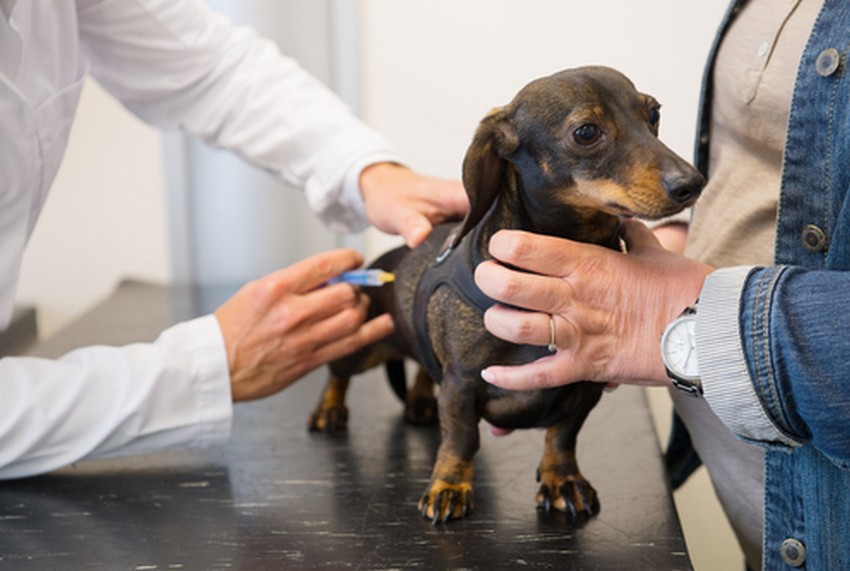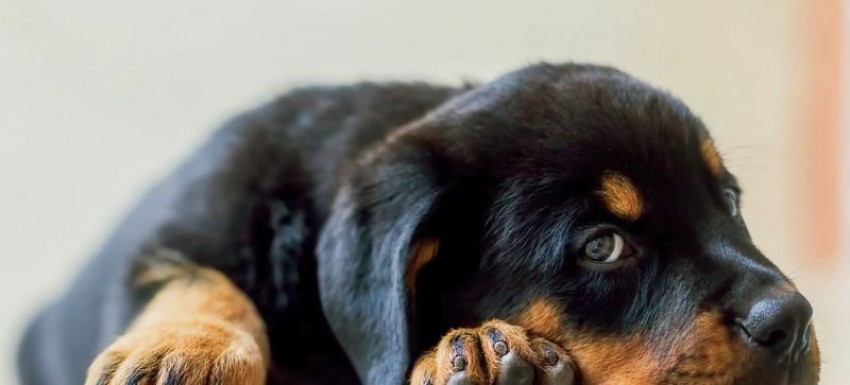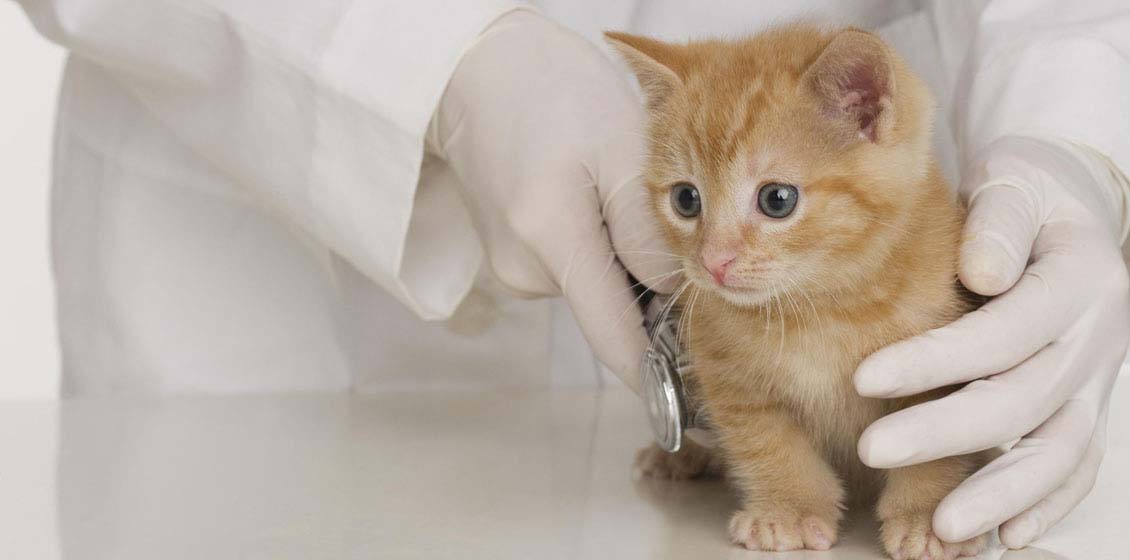Castration of cats at home
 Castration of cats is one of the most frequently performed procedures in our clinic. It is a surgical intervention in order to remove the gonads (testes) in an animal, that is, its sterilization.
Castration of cats is one of the most frequently performed procedures in our clinic. It is a surgical intervention in order to remove the gonads (testes) in an animal, that is, its sterilization.
Today it is often possible to hear about the offer of the service of castrating cats at home. We want to warn pet owners against using such services, as they carry a high risk to the animal’s health, fraught with many complications, up to the threat of death.
What exactly is the danger of castration of cats at home? Performing an operation within the walls of the clinic guarantees compliance with the proper level of sterility, which is highly doubtful at home. Operating at home is fraught with infection and subsequent development of tissue suppuration, necrotization, abscess formation and blood poisoning with sepsis. With insufficiently skilled and competent operating at home, incomplete removal of the testes is possible, leading to a putrefactive decomposition of the tissues remaining in the wound. In the veterinary clinic, animal surgeons perform castration with serious experience and lengthy experience of operating, which minimizes the risk of developing postoperative complications in pets.
Cat castration is performed using general anesthesia. Despite the high quality of modern anesthetics, there is still the danger of individual intolerance to animals of any components of the drug. In the clinic, the operation is carried out in the presence of an experienced anaesthesiologist, who with the help of special equipment continuously monitors the condition of the animal. This allows you to minimize the risk of possible complications of anesthesia, and, if they still occur, quickly stop them. At home, it is almost impossible, moreover, the owners of the animal before the operation sign a document that there are no complaints in the case of the death of their pet from the complications of anesthesia.
Before performing the castration, the animal needs a compulsory therapeutic examination and a cardiologist’s consultation. This is necessary in order to ascertain the state of his body, identify possible cardiovascular insufficiency, pathologies of the liver and kidneys. The castration of cats performed at home without a preliminary examination of the cardiologist and the therapist carries with it the potential risk of developing serious postoperative complications – deterioration of the heart’s activity, exacerbation of chronic diseases and even death. This is especially true of cats who have reached the age of 7-10.
After an operation, the animal leaves the anesthesia for several hours and lasts about a day. In the absence of proper supervision during this period, the cat can razlizat wound that threatens bleeding from the wound. In order to prevent such complications, the veterinary clinic provides the service of a free postoperative hospital, where your pet is under the close supervision of doctors. When operating at home, all that a pet owner can count on is a brief telephone consultation.
So, the conclusion is obvious: if you care about the life of your pet and its health, use the services of only qualified doctors in the clinic.



